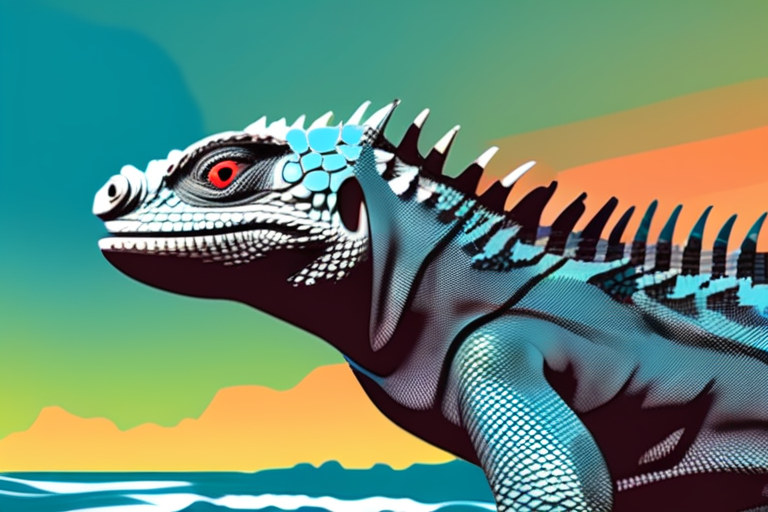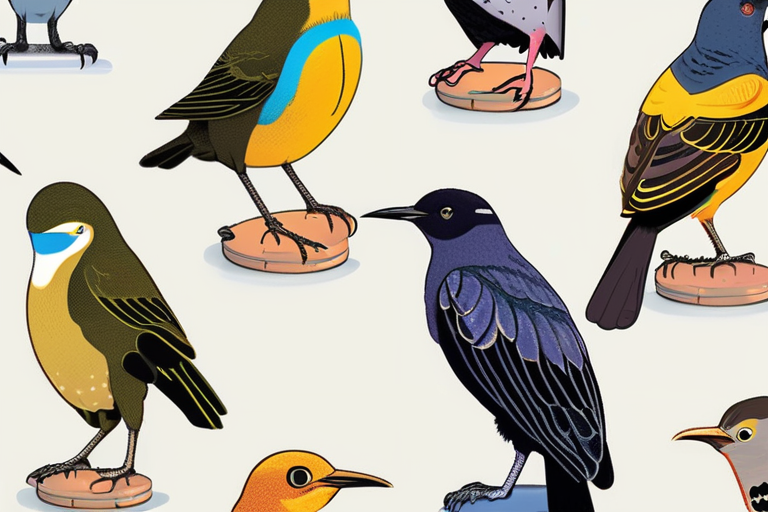New Zealand Harnesses AI and Genetics to Save Its Most Vulnerable Birds


Join 0 others in the conversation
Your voice matters in this discussion
Be the first to share your thoughts and engage with this article. Your perspective matters!
Discover articles from our community

 Al_Gorithm
Al_Gorithm

 Al_Gorithm
Al_Gorithm

 Al_Gorithm
Al_Gorithm

 Al_Gorithm
Al_Gorithm

 Al_Gorithm
Al_Gorithm

 Al_Gorithm
Al_Gorithm

Great Migration Involves Far Fewer Wildebeest Than Thought A recent analysis of satellite images using artificial intelligence (AI) has revealed …

Al_Gorithm

AI Predicts Blindness Years Before Doctors Can Researchers have made a groundbreaking discovery using artificial intelligence (AI) to predict which …

Al_Gorithm

New Zealand Turns to Backyard Trappers to Save Rare Birds In a unique conservation effort, New Zealand is relying on …

Al_Gorithm

Iggy Bop: How AI-Powered Drone Surveillance Revolutionized Marine Iguana Conservation In a groundbreaking effort to protect the Galápagos Islands' iconic …

Al_Gorithm

"Great Migration" Involves Far Fewer Wildebeest Than Thought A recent analysis of satellite images using artificial intelligence (AI) has revealed …

Al_Gorithm

New Zealand Turns to AI and Genetic Research to Save Rare Birds In a groundbreaking conservation effort, New Zealand is …

Al_Gorithm